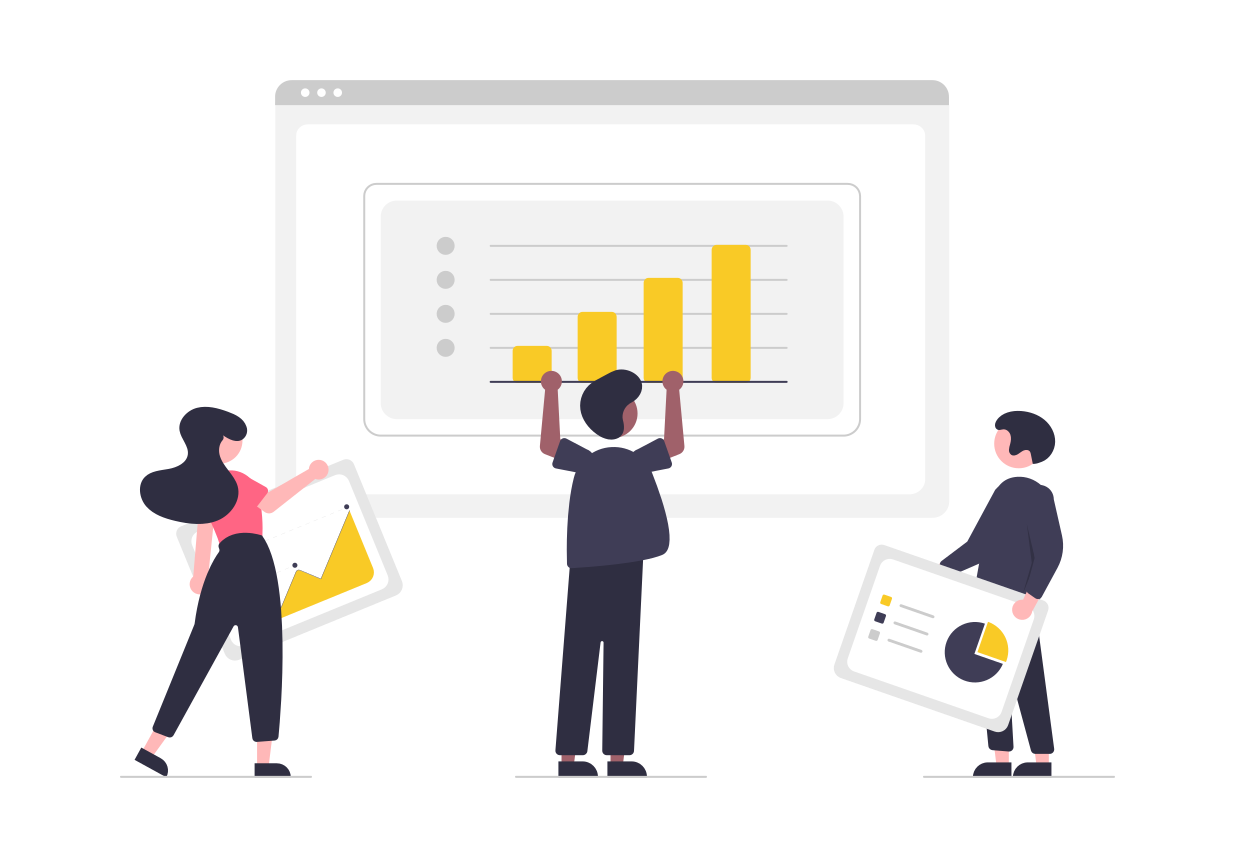
In today's digital age, information is the driving force behind innovation and decision-making. With the vast amount of data available on the internet, extracting and analyzing relevant information can be a daunting task. This is where web scraping comes into play. Web scraping is the process of automatically extracting data from websites, enabling businesses, researchers, and individuals to gather valuable insights and make informed decisions. In this blog post, we will delve into the meaning of web scraping and explore the endless possibilities it offers.
Understanding Web Scraping:
Web scraping, also known as web harvesting or web data extraction, involves automated techniques to extract data from websites. It utilizes specialized software tools, commonly known as web scrapers or web crawlers, which navigate through web pages, retrieve specific information, and store it for further analysis.
Traditionally, gathering data from websites required manual copying and pasting, which was time-consuming and error-prone. Web scraping streamlines this process by automating data extraction, saving valuable time and effort. It can access structured data (such as tables and lists) as well as unstructured data (such as text and images) from websites.
Benefits and Applications of Web Scraping:
-
Market Research and Competitor Analysis: Web scraping enables businesses to gain a competitive edge by gathering data on pricing, product details, customer reviews, and other relevant information from competitor websites. This data can help analyze market trends, identify gaps, and optimize pricing strategies.
-
Lead Generation and Sales Intelligence: Web scraping plays a crucial role in lead generation by extracting contact information, social media profiles, and other relevant details from websites. This data can empower sales teams with valuable insights and enable targeted marketing campaigns.
-
Content Aggregation and Monitoring: Media organizations and content creators can leverage web scraping to gather news articles, blog posts, and social media data from multiple sources. This helps in curating content, monitoring trends, and staying up-to-date with industry developments.
-
Financial Analysis: Web scraping can extract financial data, stock prices, and economic indicators from various websites. This information can be used for investment research, portfolio management, and financial modeling.
-
Academic Research: Researchers can utilize web scraping to collect data for academic studies, surveys, and analysis. It allows access to a vast amount of information that can be used to uncover insights, validate hypotheses, and support evidence-based research.
-
Real Estate and Property Listings: Web scraping can extract property listings, prices, and other details from real estate websites. This assists buyers, sellers, and real estate agents in identifying market trends, comparing prices, and making informed decisions.
-
Sentiment Analysis and Social Media Monitoring: Web scraping can gather social media posts, comments, and reviews, providing insights into public sentiment and opinion trends. This helps businesses in brand monitoring, reputation management, and customer sentiment analysis.
Legal and Ethical Considerations:
While web scraping offers numerous benefits, it is crucial to consider legal and ethical aspects. Website owners may have specific terms of service or usage policies that prohibit scraping their data. It is essential to respect these guidelines and ensure compliance with copyright laws, intellectual property rights, and privacy regulations. Responsible web scraping involves obtaining data ethically, respecting website policies, and not overwhelming servers with excessive requests.
Conclusion:
Web scraping has emerged as a powerful tool in the digital age, unlocking a wealth of information available on the internet. By automating data extraction from websites, businesses, researchers, and individuals can harness the power of data-driven insights. From market research and lead generation to content aggregation and sentiment analysis, the applications of web scraping are vast and diverse. However, it is crucial to conduct web scraping in a responsible and ethical manner, respecting the legal boundaries and ensuring the privacy and rights of website owners. With the right approach, web scraping can be a transformative technology, empowering organizations and individuals to make data-informed decisions and drive innovation.